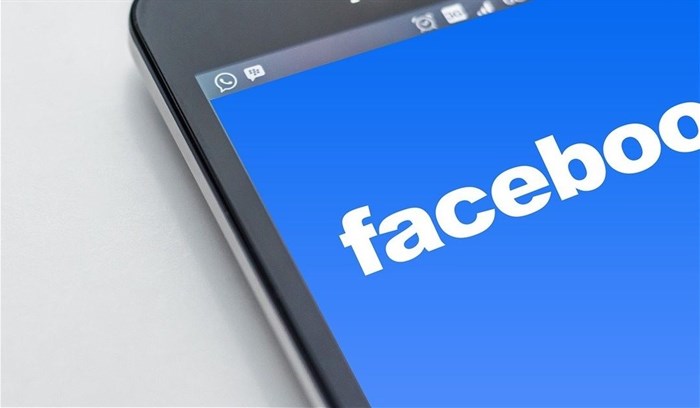
Late last year, the Sutton Police Department in Massachusetts shared a warning that those fun tests could be revealing personal information to scammers. Recent news reported that two Ukrainian hackers had used quizzes to access private Facebook data. Using seemingly innocent games, the alleged hacker managed to take control of users' browsers, access private information on Facebook, and see private friends lists.
“Social media quizzes, especially popular on Facebook, may seem completely harmless. However, there may be much more to these silly questions than meets the eye. Hackers and other shady internet personas can use them to access not only your sensitive data but the information of your family and friends as well,” says Daniel Markuson, the digital privacy expert at NordVPN.
According to NordVPN’s digital privacy expert, many people still think that they are not important enough to be spied on or tracked. That’s why they won’t stop playing these games even though they know that some of the quizzes are designed to collect sensitive data.
“Usually people do not care about targeted ads or endless email alerts. But your personal information and data from your social circles can be used for all sorts of things. They range from a message from a clothing brand to a presidential election campaign seeking to influence your vote,” explains Daniel Markuson, the digital privacy expert at NordVPN. “I always point out that if something has no price you need to pay, then perhaps your data is the real value.”
Sensitive information can be shared not only by people themselves but also by their friends and family members. When a user takes a quiz, quite often they are supplying the quiz creators with the profiles of their connections on social media. More data points allow to segment people according to their likes and dislikes – this leads to more accurately targeted ads and other information.
And even though not all social media quizzes are cold-bloodedly sucking your sensitive data, NordVPN’s digital privacy expert Daniel Markuson heeds warning.
Be skeptical. Stop taking Facebook quizzes once and for all. Knowing what kind of pizza you are or which celebrity is your perfect fit will not change your life. And if you still want to indulge in this guilty pleasure, figure out who’s behind it. While not all quizzes misuse data, take a look at their terms of service and find out how they use the collected data.
Take a look at the data you’re sharing. When you take a quiz, install a new app, or connect your account with social media, always check what information it is requesting from your profile. Some even allow you to edit this information and share only what you want.
Connect only with people you know. Even if you avoid all social media games, your social connections may be sharing your data when they take quizzes. Some of these require to share one’s friends list and all the public information from their profile. So if you have a long friends list, including people you don’t know or even fake accounts, there’s a higher chance that some of them will share your data irresponsibly.
Review the privacy settings and adjust them. Most social media platforms have adjustable privacy settings, which are usually kept off by default, so you have to enable the ones you want. Be strict about what information you share. By the way, remove all personal details from your profile, such as telephone number and address.
Never give answers to common security questions. Some quizzes ask for things such as your mother’s (or your) maiden name, the name of your first pet, the street where you grew up, etc. Never answer those questions as they are also often used as security questions for retrieving passwords.